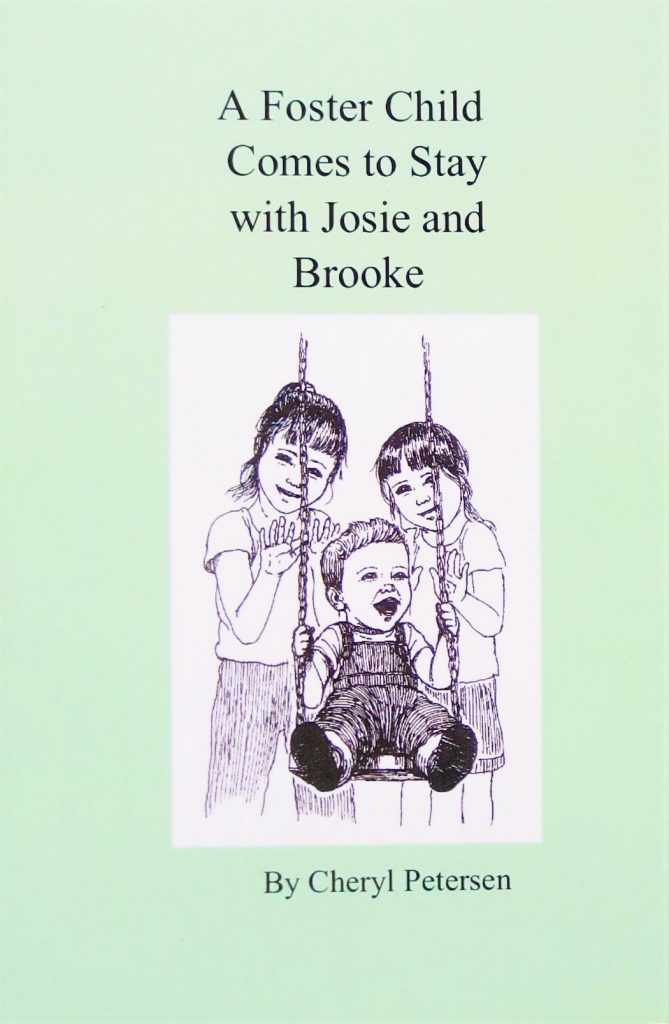In a recent conversation about church, I had to to think afterward.
Our conversation touched upon the fact that church attendance is in decline and the number of nons (people who identify themselves as non-religious) is increasing.
I remarked that mega-churches are doing very well. Mega-churches show a positive interest in religion. But, I was quickly cut off with, “The mega-churches are stealing our members.”
I didn’t know how to respond and we moved on to another topic. After thinking about it for a few days, I came up with an answer and can blog about it now.
There is no theft, no stealing, going on between churches. The mega-churches aren’t sneaking around and working in the dark. They offer huge, can’t be missed, edifices. They are on television, the radio, and the internet. They are loud.
I have to wear ear plugs when I attend the services of mega-churches. But, members meet me in the parking lots and seem glad to see me.
The mega-churches are satisfying human needs.
Not so with the dying churches. They have small buildings, mostly empty and require GPS to find. Asking someone on the street for directions only brings about a confused statement, “I’ve never heard of that church.”
Moreover, because the churches are sparsely attended by cautiously pious folk, they appear very unwelcoming. The sermons don’t capture attention because they involve abstract adages and a narrow language. It’s cold atmosphere.
But the cold has to do with attitudes and expectations, rather than denominational history or rituals.
Although the Catholic church modernizes it’s sermons, it takes the love and humility of Pope Francis to blow that cold air away and attract church goers.
I’ve even attending an orthodox Chabad, observing Shabbat, but the atmosphere was filled with contemporary love and awareness.
Dying churches can’t assume people are too materialistic to want the old style religious services. They can’t assume people want entertainment rather than spiritual teachings.
Truth and love is entertaining.
I’m not entertained by smut, violence, black comedy, or sexuality. They make me feel demeaned, not uplifted, but spirituality is another story. Spirituality and its application to everyday life is entertaining.
An August 23, 2016, Pew Research Study, titled, “Choosing a New Church of House of Worship,” confirms what people look for when deciding on where to land for spiritual nourishment.
We read in the study, “Fully 83% of Americans who have looked for a new place of worship say the quality of preaching played an important role in their choice of congregation. Nearly as many say it was important to feel welcomed by clergy and lay leaders, and about three-quarters say the style of worship services influenced their decision about which congregation to join.”
Dying churches can ask: Are our sermons requiring the congregation to perform mental gymnastics to figure out what is being preached? Are the sermons bullying the audience? Ar the sermons speaking to today’s social issues?
And, dying churches can ask: Are the members welcoming or wanting you to be like them?
In the Pew Study, half a dozen reasons are given for why people look for a new house of worship, the main reason being a move or relocation. Only 5% choose a different church because of a change in personal beliefs.
I’ll quote a few findings from the Pew Research Study:
- Quality of sermons, welcoming leaders and the style of worship services tend to be the key factors in why Americans overall choose the congregations they do…
- Overall, 56% of adults who have looked for a new congregation say the quality of educational programs available for children was an important factor in their decision.
- Seven-in-ten people who have looked for a new congregation say finding one was easy, while 27% say finding a new house of worship was difficult.

